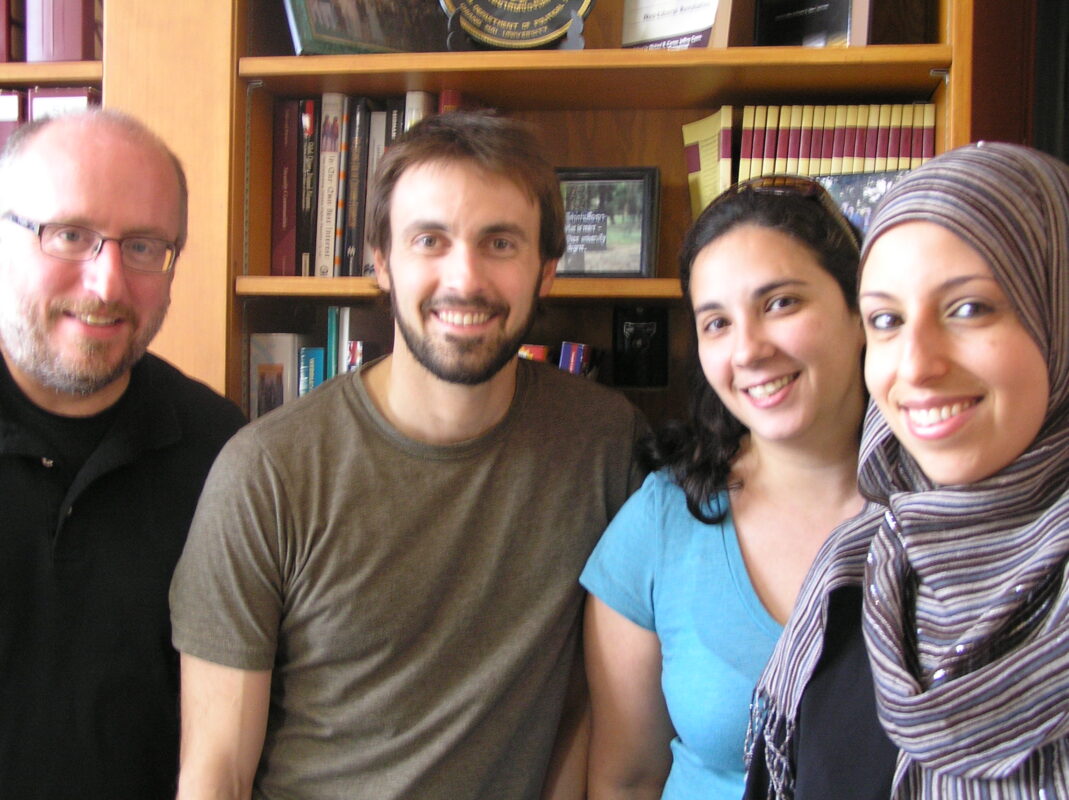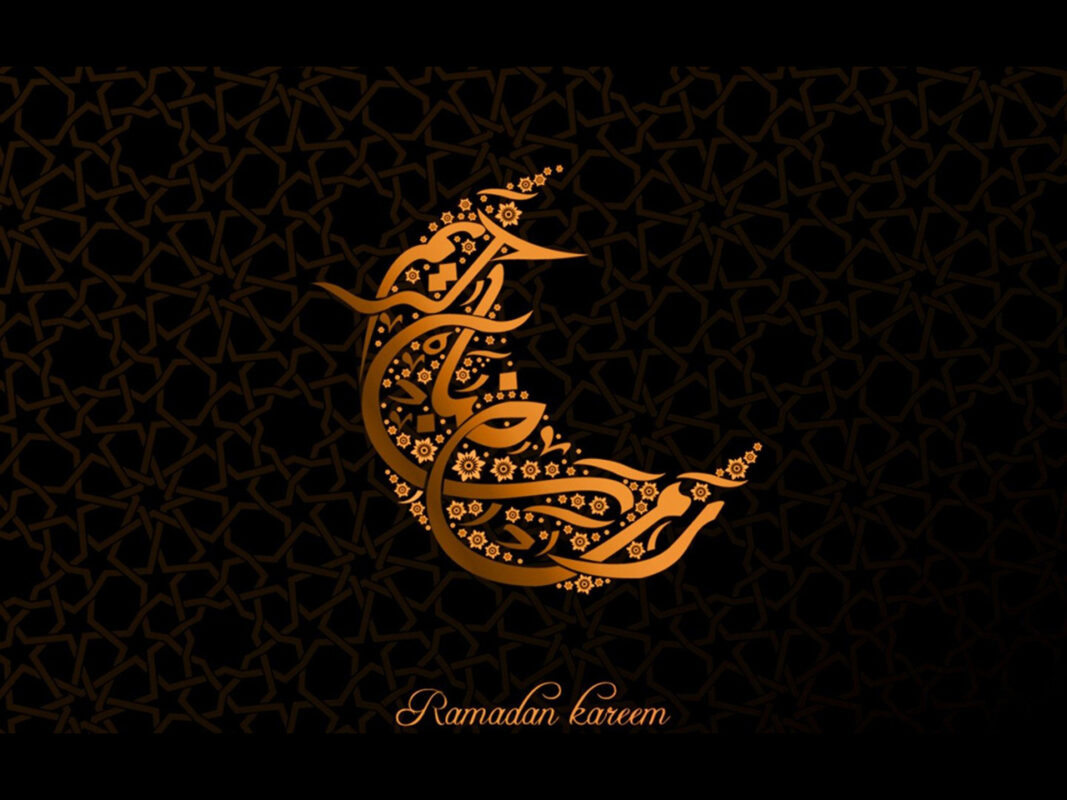Taqwa – Linguistically it means “to protect” or “to shield”, as in to protect oneself from wrongdoing. In Islam, Taqwa refers to consciousness of Allah. It describes a state of awareness of Allah in everything you do.
Sahabah – the plural form of “Sahabi,” which translates to Companions. A sahabi, as the word is commonly used today, is someone who saw Prophet Muhammad, believed in him and died as a Muslim.
Shaytan – (sometimes spelt shaitan or shaytaan) the word used in Islam and the Arabic language to denote the devil or Satan, the personification of evil.
Sunnah –The word Sunnah has several meanings depending on the area of study however the meaning is generally accepted to be, whatever was reported that the Prophet said, did, or permitted.
Converting to Islam usually counts as one of the greatest days in a person’s life. Life takes on a rosy glow, you feel bigger, better, and stronger. You feel the tingle of extreme excitement. Many of us just want to shout out loud. Some are lucky enough to be surrounded by friends and family, others convert in the privacy of their own home or even bedroom. Still others are lost, alone or homeless. But now you are a Muslim, part of a worldwide brother or sisterhood; part of a family. For many it is might be the first time they have felt a part of anything. For a fleeting moment or for a longer prelude to a new real life, everything is perfect. Sometime later, and it is different for each of us, reality sets in.
Along with the triumphs come the trials and tribulations. Of course it is a huge step, a monumental change, for not only the person accepting Islam but also his or her friends, family and colleagues. Sometimes it might feel as though everything is happening too quickly, at other times and for others, it may seem as though you cannot learn enough quickly enough and the trials and tribulations seem to be crushing your new found happiness. A person might well ask why Allah continues to test him when he has finally seen the reality of life and embraced Allah and Islam whole heartedly. In this situation it helps to understand just why a believer is afflicted with trials and tribulations, and why along with the overwhelming joy can come sadness and unexpected troubles.
Our existence here on earth is nothing more than a transient stop on the way to our eternal abode. When one truly understands and embraces all that this fact means, it shines a different light on our trials and tribulations. Imagine if you will, being in a large international airport, in transit anxiously waiting to return home. Sometimes the time passes quickly smoothly, but at other times there are delays, cancelled flights, grumpy service staff and terrible airport food. Whatever your experience, the time still passes and eventually you make it home. When you look back on that experience it seems like a small blip in an otherwise smooth journey but at that time it was huge hassle. Life on this earth is a little bit like that. Allah has clearly mentioned that this world that we long for is nothing but a place of trials and tests and not only that, in the great scheme of life it is for a very short duration.
“And certainly, We shall test you with something of fear, hunger, loss of wealth, lives and fruits, but give glad tidings to the patient ones.” (Quran 2:155)
“And this life of the world is only amusement and play! Verily, the home of the Hereafter, that is the life indeed (i.e. the eternal life that will never end), if they but knew.” (Quran 29:64)
There is wisdom behind the trials and tribulations Allah tests us with, and it is comforting to know that they are not random acts of a cruel unorganised universe. Our existence is part of a well ordered world, a world that Allah created for our enjoyment. However it is a place of more than just worldly pleasures. It is here that we fulfil our true purpose that is to worship Allah, through the good times and the bad. Thus it is important to understand that Allah does not decree for a believer anything but good. What a person perceives to be bad may in fact contain much good. Prophet Muhammad, said, “How wonderful are the affairs of the believer, for they are all good. If something good happens to him, he is thankful for it and that is good for him. If something bad happens to him, he bears it with patience and that is also good for him.”[1]
Allah tests us with the trials and tribulations of life, and if we bear these patiently we will attain a great reward. Through changing circumstances and trying times Allah tests our level of faith and ascertains our ability to be patient and wipes away some of our sins. Allah is all-loving and all-wise and knows us better than we know ourselves. We will not attain Paradise without His mercy and His mercy is manifest in the tests and trials of this life. Allah wants to reward us with life everlasting and if pain and suffering can help achieve Paradise, then trials and tribulations are a blessing. They are not unique to the newly converted, nor are they a gauge of Allah’s pleasure or displeasure. Allah knows what each person can bear and what each person needs in order to maximise their chances of a heavenly reward.
There are many ahadith that explain the reasons why we are afflicted with trials and tribulations. Prophet Muhammad said, “If God wants to do good to somebody, He afflicts him with trials.”[2] He also said, “A man will be tested according to the level of his religious commitment, and the trials will keep affecting a slave of God until he is left walking on the face of the earth with no burden of sin whatsoever.”[3]
We must accept the trials and tribulations as a part of being alive, so too the joyful moments and triumphs. From the highest highs to the lowest lows, the human condition is a blessing from Allah designed uniquely for each individual person. In the following lesson we will take inspiration from the Prophets and the sahabah and learn how they reacted in the face of great trials and tribulations.
One of the truly comforting things about Islam is knowing that everything happens by the Decree of Allah. Not a leaf falls, or a bird sings, not a baby is born or a building erected without Allah’s knowledge and permission. Allah is the creator of the universe and the author of our lives; He is responsible for the good and the bad (as we perceive it), the times of difficulty and the times of ease. It is comforting to know with certainty that our existence is part of a well-ordered world and that life is unfolding as it should; it is a concept that brings serenity and peace.
“And certainly, We shall test you with something of fear, hunger, loss of wealth, lives and fruits, but give glad tidings to the patient ones.” (Quran 2:155)
The Prophets of Allah were righteous men, filled with taqwa, yet they too were faced with trials and tribulations. They faced their trials with patience and even gratitude and we are able to learn from their experiences. They were persecuted by their own communities and suffered. Prophet Noah called his people to Allah day after day, year after year for 950 years, and every day he bore their taunts and mockery until finally he could bear no more and Allah rescued Noah and the believers not only from the rising flood waters but also from the evil of the people. Prophet Joseph was abandoned by his brothers, thrown into a well, sold into slavery and spent many many years in prison. Like Noah he never let his faith in Allah waver. Their taqwa was their shield.
As human beings we suffer with trials and tribulations often in the form of sickness, illnesses and medical conditions but none more so than Prophet Job. Shaytan destroyed Job’s possessions and then his family, but Job remained patient and continued to rely on Allah. Finally Job’s health was taken from him. He was stricken with a skin disease, was in severe pain night and day and was deserted by all who knew him except his wife, who from the mercy of Allah stayed with Job even when they were penniless. At no time did Job blame Allah, and his health, wealth and family were returned to him. A full account of Job’s story can be found here.[1]
Worshiping Allah with full submission requires patience. It is easy to worship for a few days or a few weeks, but we must be consistent. Prayer at night requires patience, fasting requires patience, and living with tribulations and trials requires patience. That is why we often hear that so and so has “the patience of Job”. Prophet Muhammad himself suffered from sickness. His beloved wife Aisha said, “I never saw anybody suffering so much from sickness as Allah’s messenger”. For a believer, suffering can be a blessing. A believer knows that Allah, in His mercy, will expiate some of his sins if he remains patient. In the Sunnah we find that Prophet Muhammad said, “No Muslim is afflicted with harm because of sickness or some other inconvenience, but that Allah will remove his sins for him as a tree sheds it’s leaves”.[2]
Amongst the Sahabah were many who were severely persecuted or even killed after becoming Muslim. The uncle of Uthman wrapped Uthman in a mat of palm leaves, and lit a fire under him. When Umm Mus‘ab heard about her son’s conversion to Islam, she refused to feed him and later expelled him from his home. The slave Bilal was severely beaten by his master when the latter heard of his conversion to Islam. Sometimes a rope was put around his neck and street boys were made to drag him through the streets and up and down the hills surrounding mecca. Sometimes he was subjected to starvation, at times was even bound and made to lie on the burning sand under the crushing burden of heavy stones. Bilal survived and has the honour of being the first person to call the Muslims to prayer; his story can also be read on here.[3]
The problems and difficulties that sometimes arise after conversion to Islam are not a gauge of a person’s character or a gauge of Allah’s pleasure or displeasure. They are an extremely important part of the test that we call the life of this world. We must bear them with patience and with gratitude knowing full well that our real lives have not yet begun. Allah alone knows the complete wisdom behind why good things happen to bad people, or why bad things happen to good people. In general, whatever causes us to turn to Allah is good and we should bear it patiently and be grateful. In times of crisis, people draw closer to Allah for He is the source of all comfort and compassion. Allah wants to reward us with life everlasting and if pain and suffering can lead us to Paradise, then trials and tribulations are a blessing. Prophet Muhammad said, “If Allah wants to do good to somebody, He afflicts him with trials.”[4]
Footnotes:
[1] Saheeh Al-Bukhari
[1b] (http://www.islamreligion.com/articles/2721/)
[2] Saheeh Al-Bukhari
[2b] Ibid.
[3] Ibn Majah
[3] (http://www.islamreligion.com/articles/4722/viewall/)
[4] Saheeh Al-Bukhari








